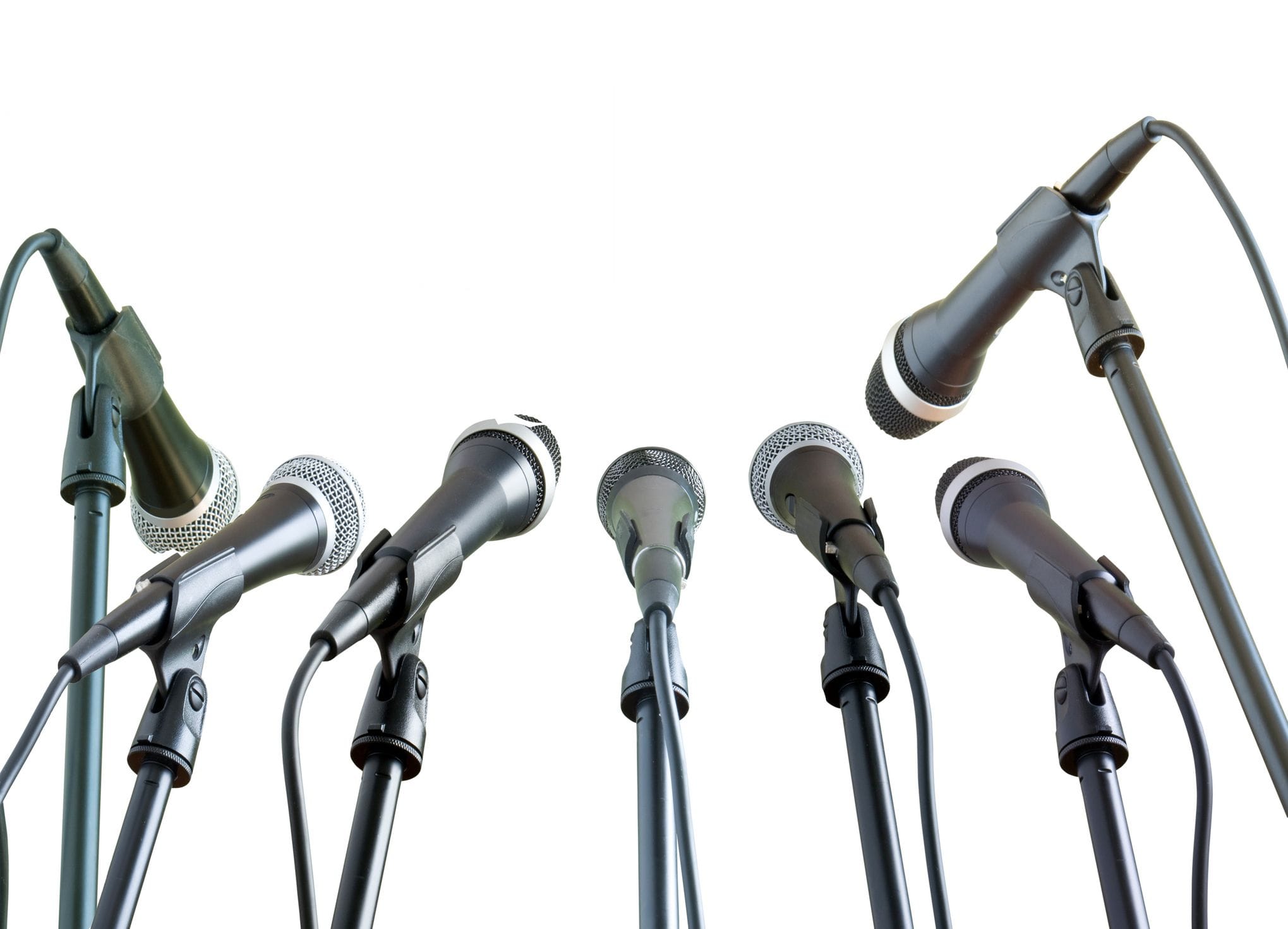Hope you’re all doing well. This month’s Vocal Tip is a question about recording that was sent to me and my answer which I hope you find informative.
Q. “My voice sounds different on tape; due to what I think is caused by head resonance. What can be done about it?” – R.S.A.
A. The sound of your voice on “tape” or any recording media is the result of the electronic alterations of acoustic sound by the recording process as well as how you are singing.
How We Hear Ourselves
There is also the added factor that we hear ourselves differently than how others hear us. We hear ourselves simultaneously through two conduits; one is from inside our heads by bone conduction through the inner ear and the other is outside by air vibration entering into the outer ear. The latter is obviously, how everyone else hears you.
So when you hear your voice on a recording, the inner ear vibration is not present and it will usually sound different for that reason alone. That being said, it can also be the fault of the electronics making you sound differently, so various elements should be explored to ensure you address the correct source of the problem.
Microphone Use
The human voice is an acoustic instrument and as such it resonates both internally within your body as well externally with the immediate surroundings. In order to capture the full sound spectrum which makes your voice characteristically “you,” the sensitivity, placement and specifications of the recording microphone are quite important.
Each mic’s design imparts an audio signature character that should be matched to your voice’s personality. For example, your voice would probably sound very different if it were recorded using the Neumann U87 as opposed to an AKG C12. Both are high quality studio mics that have their own audio personality. See my Performance Mic Reviews for more on microphone personality.
Microphone placement is also a big factor. If you are standing too far from the mic your voice will tend to lose presence and can sound thinner with possibly more head tone quality. If the mic is placed too close to your nose it can tend to enhance your head/treble resonance. This higher placement is sometimes preferred for backup vocals, but usually I don’t find it suitable for the lead.
Acoustics and Electronics
The dimensions and acoustic design of the recording room or vocal booth, along with the capabilities of the recording equipment and digital recording program also play important roles. Intelligent use of electronic effects with the proper microphone can approximate the sound of your acoustic voice. Overuse or complete absence of effects will make you sound strange in the recording. Reverb for example, helps to restore the acoustical resonance of a live room which otherwise has been electronically stripped from your voice. However, too much reverb can accentuate the treble in your voice and do other odd things.
To hear your voice totally dry (without any effects) and expect it to sound exactly like you, is likewise unrealistic. Sometimes the EQ (equalization) needs to be set appropriately for your voice. This is especially true if the mic is not the best match for your voice or the recording equipment isn’t good quality. If you record your voice on home equipment which is less than professional quality, don’t expect it to sound exactly like you.
Summary
Achieving an authentic recording of your voice entails a lot of know-how. I’ve only touched the surface here to give you some tips about why recordings of your acoustic voice may tend to sound strange to you.
Unless you plan to be a recording expert, it’s probably better to focus on being a good singer and leave the recording to the Vocal Recording Specialist (a voice coach trained in vocal recording) and pro studio engineer. Even the magic of the best recording engineers can’t make a poor singer sound appealing, so just be a great singer.







Leave A Comment
You must be logged in to post a comment.